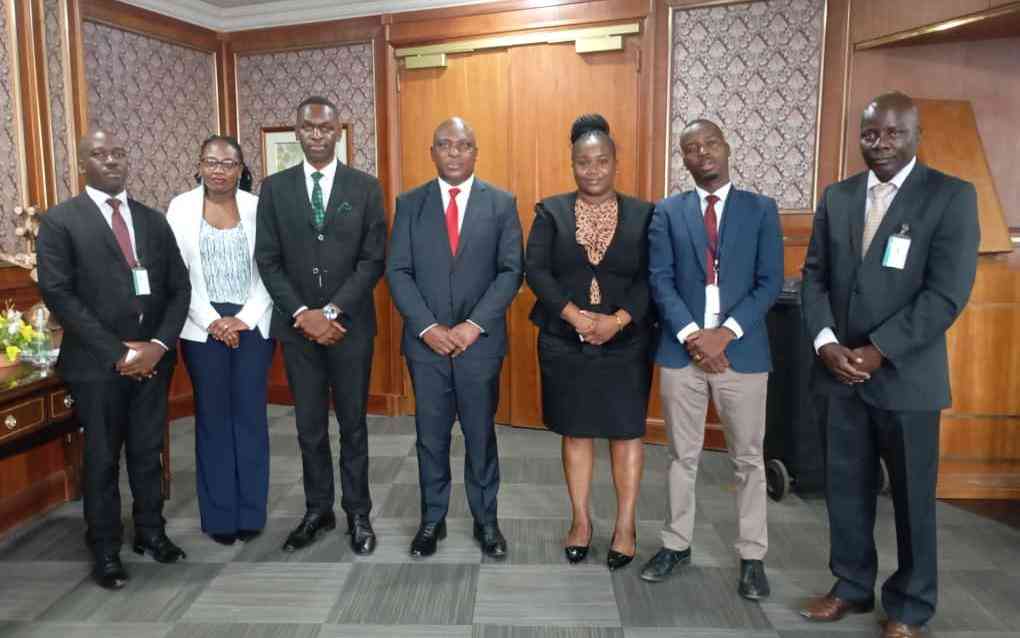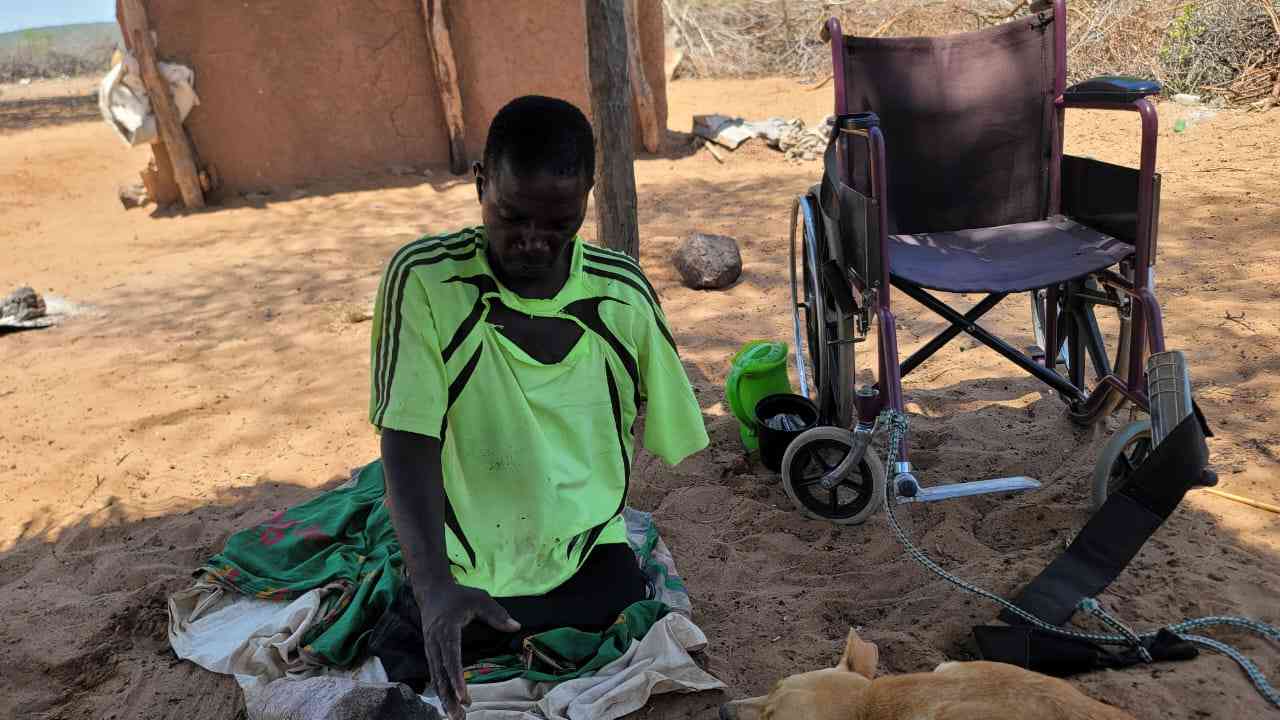
In a significant move towards addressing Zimbabwe’s economic challenges, the Indigenous Advisory Practitioners Association of Zimbabwe (IAPAZ), led by Nyasha Gonese, met with the Governor of the Reserve Bank of Zimbabwe (RBZ) and his team at the Governor's office.
The meeting, aimed at exploring collaborative efforts between IAPAZ and the central bank, focused on initiatives to tackle skills shortages, high import bills, and the need for greater professional development.
IAPAZ, a comprehensive umbrella association representing all professionals in Zimbabwe, including Zimbabwean members in the diaspora, was formed as a direct response to the urgent need for a unified voice and platform for the development of professional practitioners. It seeks to address the fragmentation and siloism prevalent among Zimbabwean professional bodies, which has historically hindered collaboration and economic advancement.
During the meeting, Gonese expressed his gratitude towards the Governor, stating, "We are deeply appreciative of the Reserve Bank of Zimbabwe's openness and willingness to engage with us. The RBZ has shown a commendable commitment to listening to the concerns of the business community and working with us to find solutions."
He further emphasized the positive reception of IAPAZ’s initiatives, highlighting the bank’s recognition of their potential to drive economic growth.
"We are pleased that the RBZ sees the value in our programs frameworks, particularly in areas such as Diaspora Professional Development, the Commercialization of Schools’ Business Units, and our Retired Corps Without Borders initiative which aims to blend the agility and energy of youthful professionals with the wisdom and experience of retirees, which we believe will create a more robust economy," he said.
The engagement comes at a crucial time when Zimbabwe is grappling with serious economic issues as a result of indigenous and exogenous factors, including a significant skills gap and an increasing import bill.
According to the 2018 national skills audit, Zimbabwe is facing shortages of 93.6% in engineering and technology, 97% in natural and applied sciences, and 95% in medical and health sciences. This shortfall has not only affected domestic productivity but has also contributed to the country’s high import bill, which rose from $8.62 billion in 2022 to $9.22 billion in 2023.
- Zimbabwe needs to rethink economic policies
- Zimbabwe needs to rethink economic policies
- Forex demand continues to fall
- Digital platforms transfer ZW$8tn
Keep Reading
Gonese also voiced concern over the fragmentation of professional bodies in Zimbabwe, pointing out that this disunity has led to a lack of critical business development skills among professionals.
"We are where we are today because of the siloism and fragmentation of our professional institutes. They are producing skills that lack the capacity for business development, and our professionals are unable to network, collaborate, or forge strategic commercial relationships to take advantage of the vast opportunities presented by the Second Republic."
IAPAZ's initiatives focus on addressing these challenges head-on. Their Retired Corps Without Borders initiative seeks to bridge the skills gap by leveraging the experience of retired professionals from both Zimbabwe and the diaspora.
Furthermore, the Commercialization of Schools’ Business Units, in collaboration with the Ministry of Primary and Secondary Education, aims to equip students upto tertiary with entrepreneurial skills by commercializing horticulture and aquaculture units for domestic and export markets. These initiatives are set to close the 88% skills shortage in agriculture in the medium to long term.
The RBZ has expressed its enthusiasm about these initiatives and is keen to explore further collaboration.
Gonese stressed the importance of such partnerships, stating, "Collaboration between IAPAZ and the RBZ is crucial, especially in light of the pressing economic issues we face as a nation. By working together, we can reduce import dependency, develop our professional services sector, and create a more sustainable and inclusive economy."
As Zimbabwe continues to face global economic pressures, including a decline in global inflation and fluctuating commodity prices, the need for diversification and development of the services sector has become more critical than ever.
The ongoing engagement between RBZ and IAPAZ is a promising step towards addressing these challenges and ensuring a more resilient economic future for the nation.










